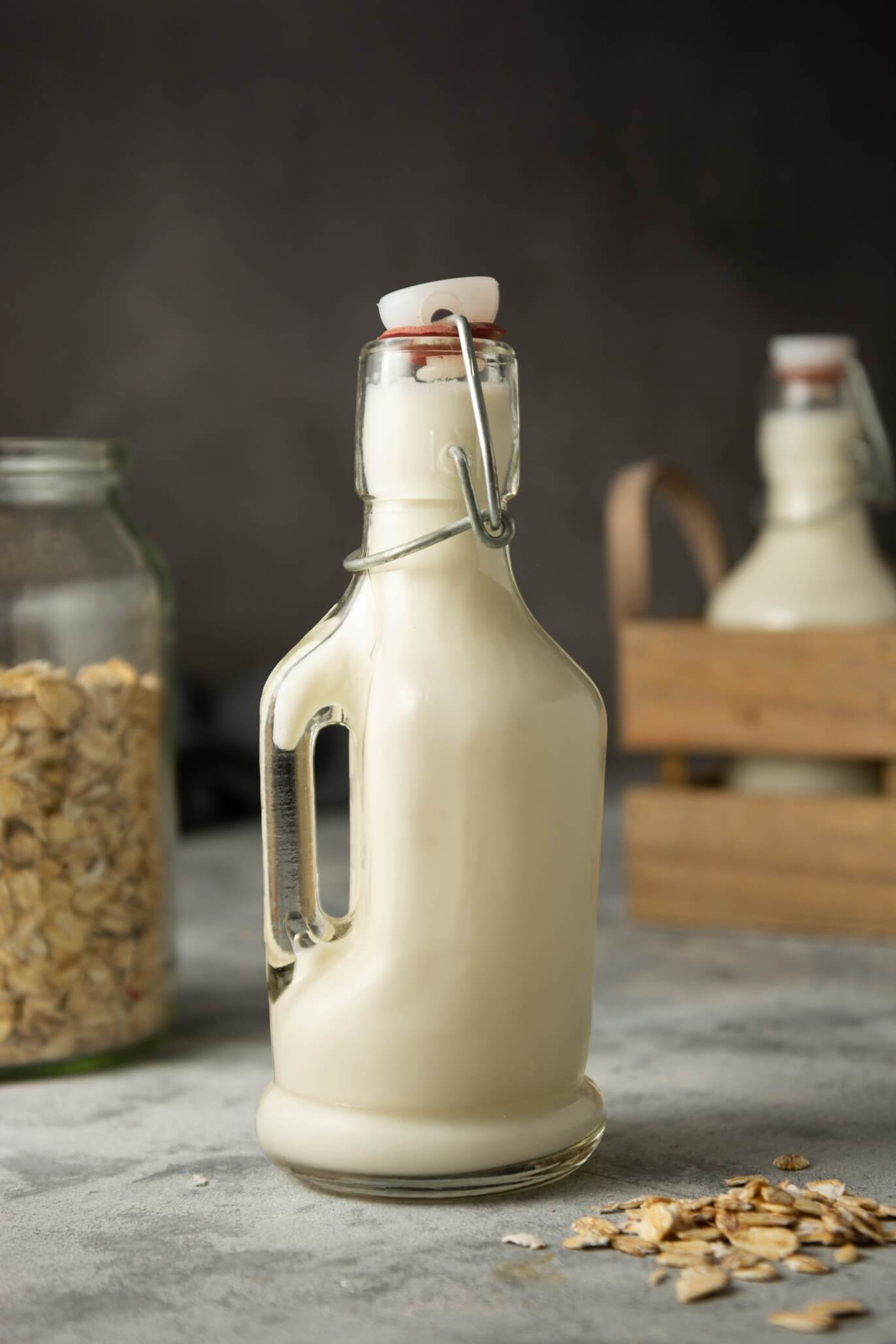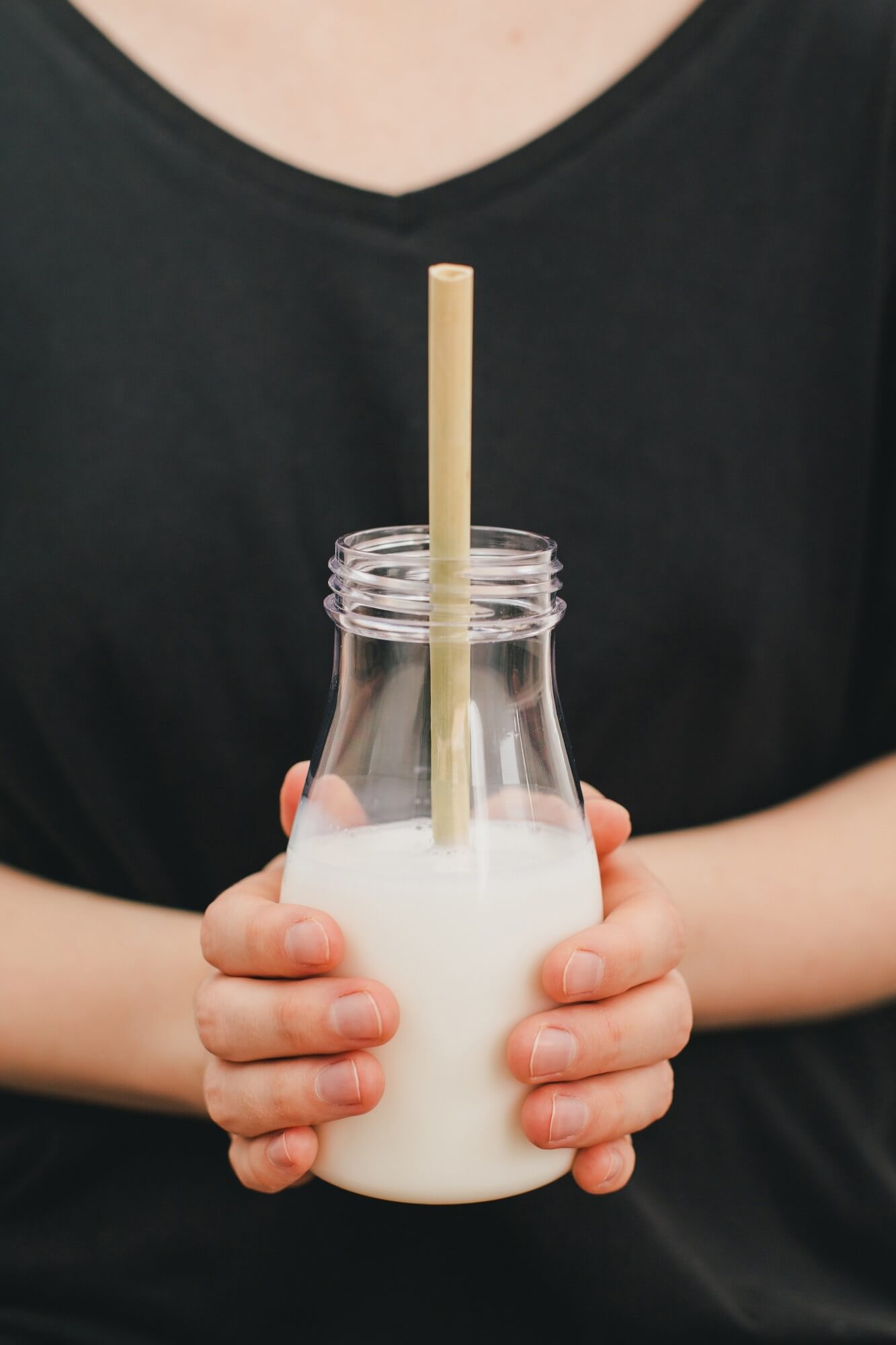Testosterone—or lack of—is a source of consternation for many middle-aged men. There are many sources of testosterone.
However, many of them are through pharmaceuticals and multivitamin supplements.
But can you increase your testosterone levels through something as simple as oat milk?
While oats are considered to affect testosterone levels positively, there is also competing evidence that the levels of carbs can reduce it. Oat milk loses quite a bit of its essential nutrients in processing, and there is not much in the way of scientific studies on the efficacy of oat milk for testosterone.
When it comes to improving testosterone in men, there are several competing factors, and one of the most important factors is the Keto diet.
There is scientific evidence that the Keto diet improves testosterone in men, and we will show what that has to do with oat milk below.
The Keto Diet and Oat Milk
The Keto diet improves testosterone because it severely limits carbohydrate intake.
The lack of carbs forces the body to rely on consuming ketones to supply itself with energy.
It also causes the body to increase its capacity for manufacturing testosterone without insulin.
Oat milk comes into play because oats are high-carb, and carbohydrates are supposedly bad for testosterone since they lead to increased insulin production, turning down the valve on testosterone.
Related: Is Oat Milk Keto?
However, there is competing evidence that says the exact opposite.
A scientific study from the National Library of Medicine shows that carbohydrates often improve testosterone levels.
So what's the deal?
Does oat milk improve testosterone levels or not?
There are good carbs and bad carbs. Bad carbs affect insulin levels negatively, while good carbs do the opposite.
Scientific studies, such as the one linked above, show that carbohydrates (good carbs, such as those found in oats) improve testosterone levels.
However, oat milk is not the same thing as consuming oats. You also have to consider that sometimes, oat milk is sweetened.
Lastly, there's the consideration that there are no solid scientific studies one way or the other on oat milk.

Oat Milk and Oats
Oat milk is not unhealthy, at least not by any measure that we understand.
We know several positive factors about oat milk that make it worth your time and, possibly, your money.
- It's free of most allergens (except oats and sometimes gluten)
- It's an excellent alternative for those who are lactose intolerant
- It has more protein than many non-milk alternatives
- It retains some fiber, even though it's much lower than an actual oat
- It includes Calcium, Vitamin D, Vitamin A, and Riboflavin
But where and how it affects testosterone is the key question here.
There isn't an answer yet, since there have been no heavy scientific studies on oat milk as there have been with oats and even oats have competing scientific conclusions.
There is also the fact that we know, for a certainty, that the efficacy of the fiber, vitamins, and minerals found in oats are reduced, sometimes significantly, when the oats are processed (with varying amounts of water) into oat milk.
If the uptick in good carbohydrates is lost to a small or large degree in the processing portion of oats to oat milk, it's difficult to say to what degree, if any, that oat milk affects or harms testosterone production.
We also know that oat milk is higher in calories than some of its non-dairy competitors, and calories are not associated with positive testosterone levels.
If a sweetener is added to the oat milk, the calories and sugars in oat milk increase as well.
As an alternative, a few other known food sources positively affect testosterone.
- Oysters
- Ginger
- Pomegranates
- Fish oil and fish with high-fat content
- Leafy, dark greens
- Onions
- Extra-virgin olive oil
- Egg Yolk
- Pumpkin seeds
- Parsley
- Coffee
- Shrimp
- Cauliflower

All Things Considered
The jury is still out on the overall effectiveness of oat milk on testosterone levels.
So far, the science is leaning towards a positive testosterone impact from consuming oats, even though there is competing science on that.
Fortunately, oat milk is certainly not bad for you, and the old adage also applies here, "everything in moderation."
